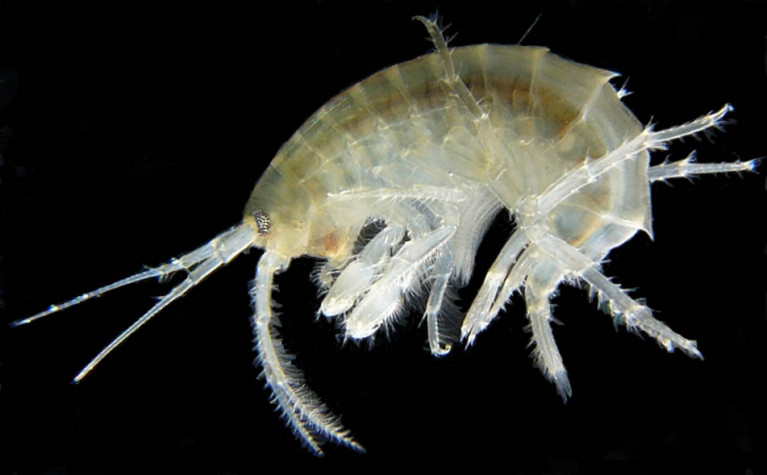Displaying items by tag: Microplastics
Small freshwater animals are breaking down microplastics into nanoplastic fragments which can enter the food chain, according to new research by University College Cork (UCC).
In less than four days, the freshwater amphipod, Gammarus duebeni, is able to fragment microplastics into different shapes and sizes, including nanoplastics, the research has found.
These invertebrate animals inhabit Irish streams and are part of a larger group found around the world in freshwater and ocean environments.
Microplastics are plastic pieces smaller than 5 mm, and nanoplastics created by the crustaceans within hours are at least five thousand times smaller in size.
Breakdown of plastics had been thought to occur mainly through very slow processes in the marine environment such as sunlight or wave action.
The findings have “ substantial consequences for the understanding of the environmental fate of microplastics”, study leader Dr Alicia Mateos-Cárdenas, of UCC’s School of BEES and Environmental Research Institute says:
The study also has consequences in terms of the impacts of plastics, she said.
While microplastics can become stuck in the gut of seabirds and fish, current understanding suggests that the smaller nanoplastic particles could penetrate cells and tissues where their effects could be much harder to predict, she noted.
“These invertebrates are very important in ecosystems because they are prey for fish and birds, hence any nanoplastic fragments that they produce may be entering food chains” Dr Mateos-Cárdenas added, urging further “urgently needed” research.
The study was funded by the Environmental Protection Agency, and published in the journal Scientific Reports this week, here





























































